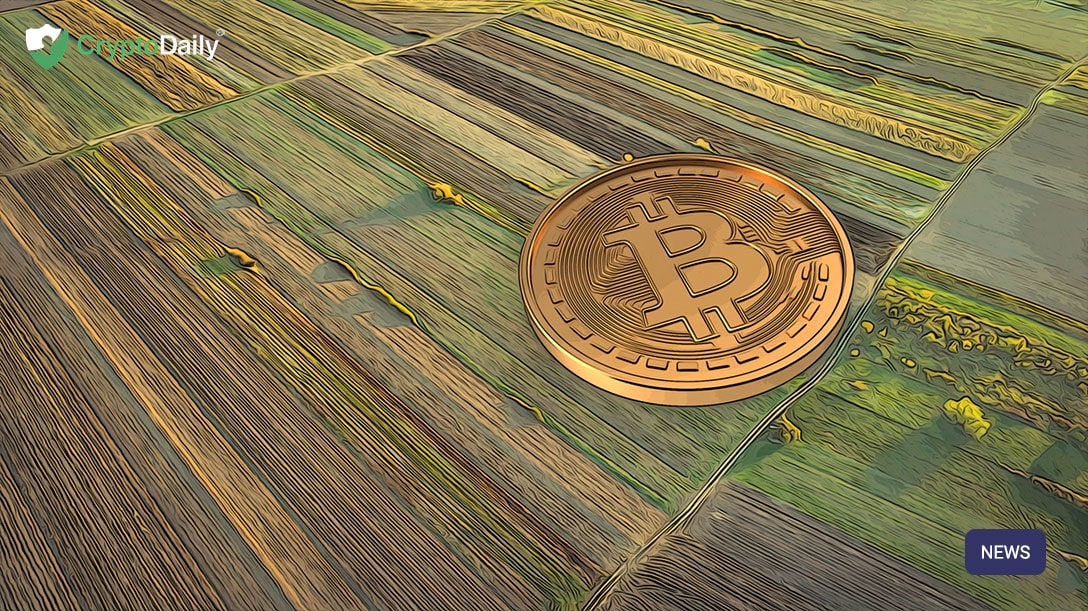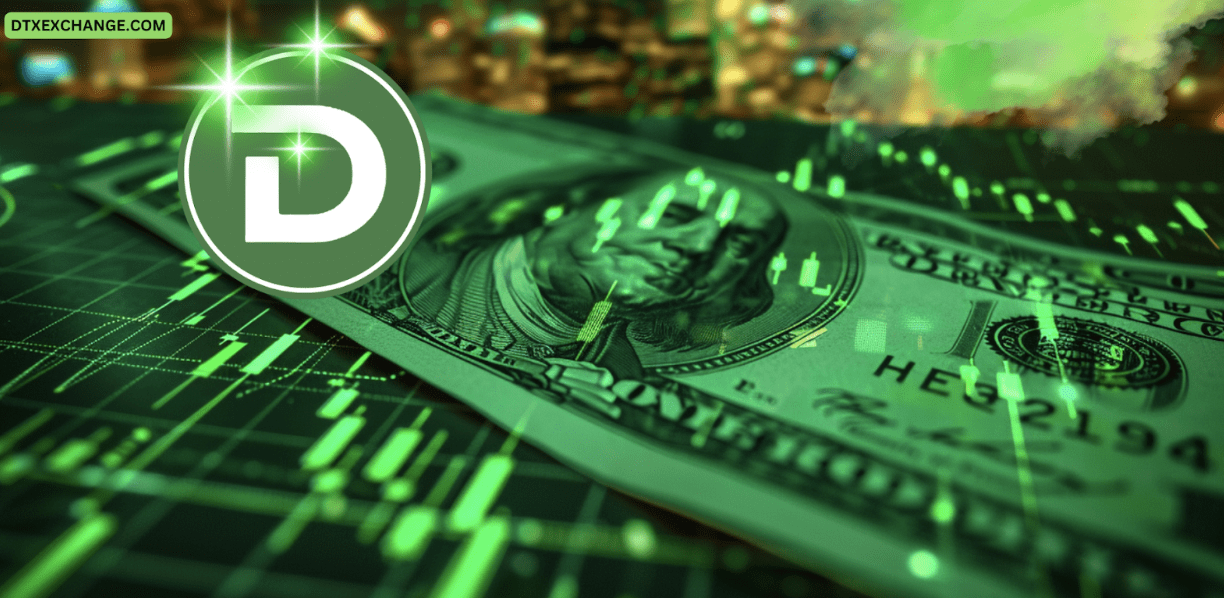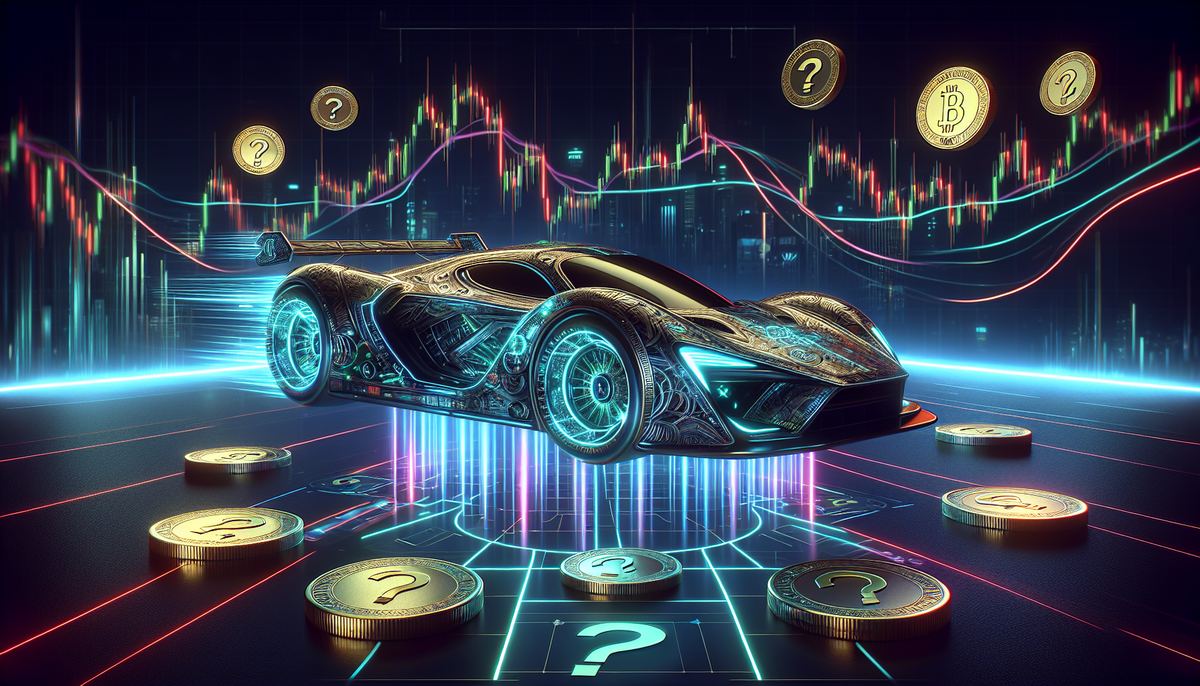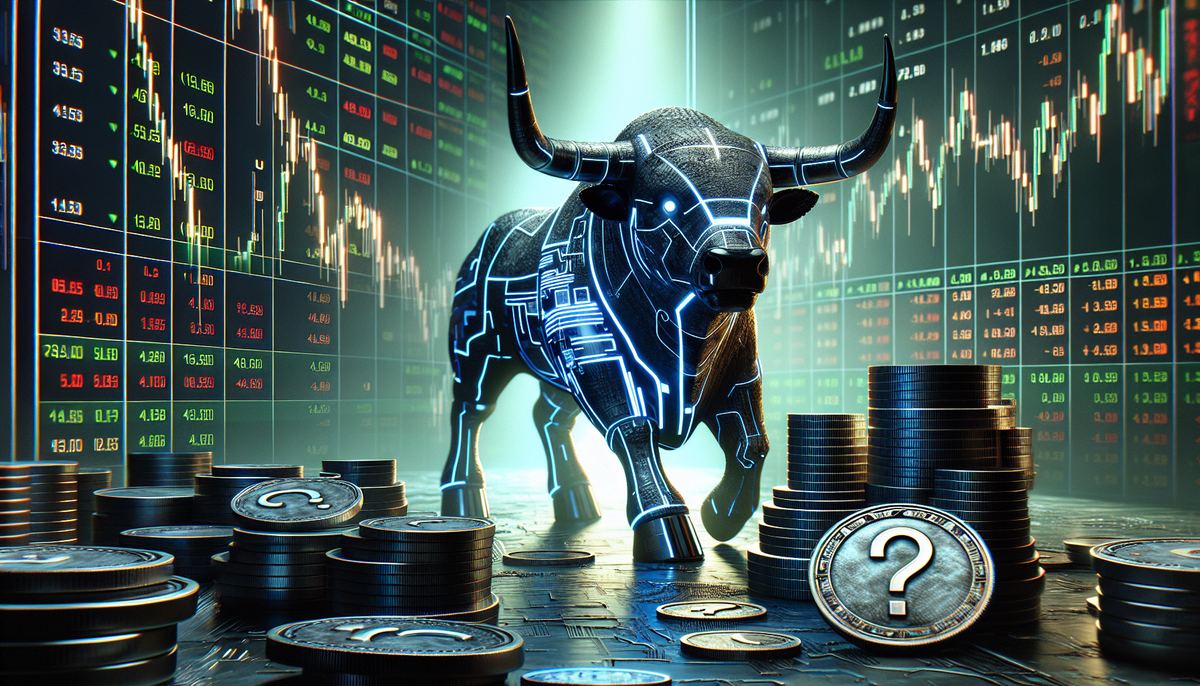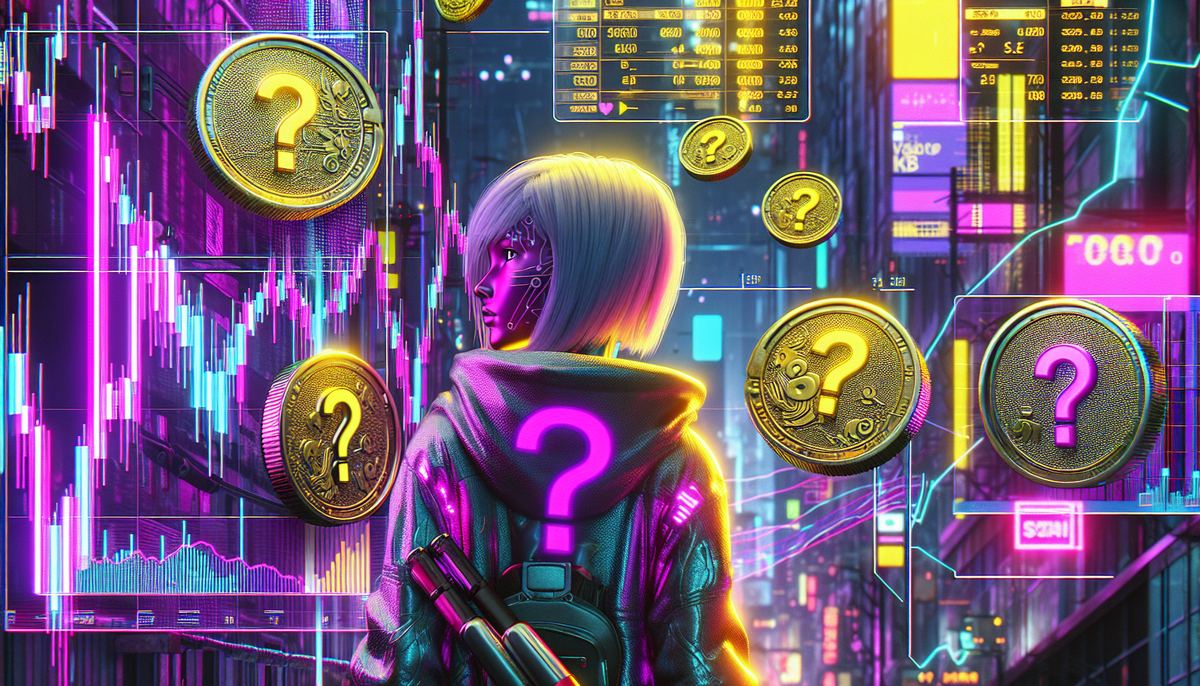India’s Prime Minister Narendra Modi has just been re-elected and with that, some changes are going to come to the country, especially in terms of Bitcoin trading.
This is partially down to a fully-fledged trading market that went underground quickly owing to a blanket ban announced by the nations Reserve Bank (RBI). A lot of worried traders shifted to other exchanges like UnoCoin, ZebPay to either withdraw or sell their BTC.
A lot of them trade cryptocurrencies away from the public eye and think that a cryptocurrency ban would just add more fuel to the fire to push operations to keep going.
Anjuman Rishi, a Noida-based computer programmer, who got into Bitcoin trading post demonetisation has said:
“It does not matter what they [the Indian government] ban or what they accept. I mean, they have banned alcohol in two Indian states, right? What have they done to remove billions of rupees worth of bootlegging market? Drinkers are going to drink. Bitcoin traders are going to trade.”
He then added that he’d prefer any government-regulated cryptocurrency exchange over an underground Bitcoin marketplace, explaining that peer-to-peer markets aren’t just costly but unsafe too.
Speaking to CCN, he said:
“I buy bitcoins at regular intervals, believing it would protect me from the recession next year. However, the prices quoted by underground bitcoin dealers are too high. When the price went above $8,000 in May, I tried to purchase a few units, only to find that the bid price was near $8,200. P2P offline exchanges rip us traders off especially in the times of the bitcoin price rise.”
Operators associated with a New Delhi-based peer-to-peer exchange have said they were running the inherent legal and market risks associated with trading Bitcoins.
One exchange operator, Mohammad Azeem Khan said they sometimes run out liquidity to match the bid. This leaves them with the only option to maximise the buying price.
Khan said:
Investment Disclaimer“We would happily register ourselves as a regulated exchange if the government allows. If banks work with us, it would be easier to handle larger orders. But until then, traders should appreciate us for bearing the risks.”
